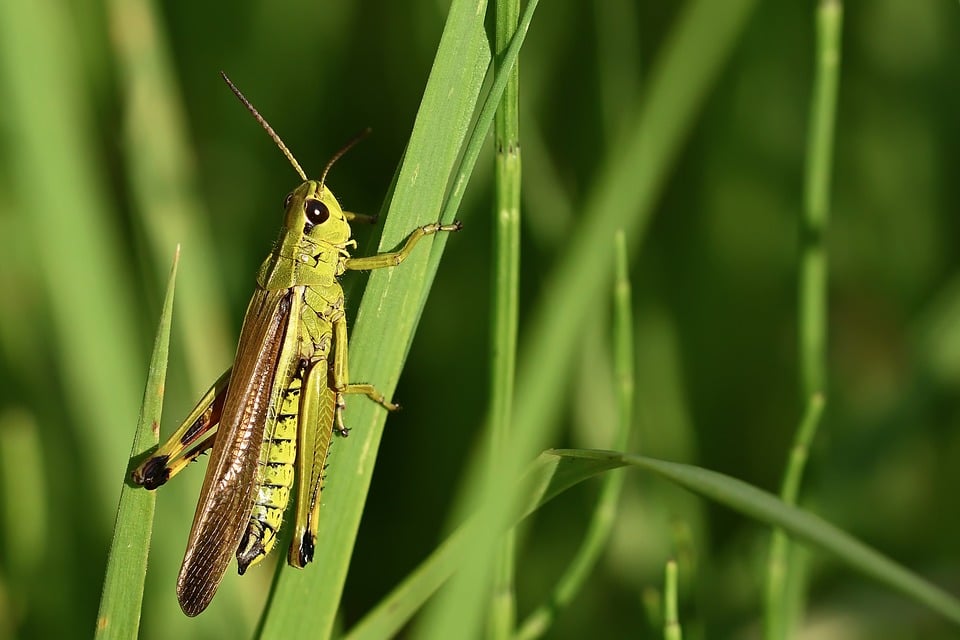Traditional customs and rituals have played a significant role in shaping human societies throughout history. From ancient traditions passed down through generations to modern customs that define our cultural identities, the evolution of tradition is a fascinating journey that reflects the changing dynamics of our world. In this article, we will delve into the historical roots of modern customs, exploring how traditions have evolved over time and examining their impact on our lives today.
The Historical Context of Tradition
Traditions have always been an essential component of human societies, serving as a means to preserve cultural heritage and foster social cohesion. From religious ceremonies and festive celebrations to everyday routines and social norms, traditions have provided a sense of continuity and belonging for communities across the globe.
-
Ancient Origins: Many of our modern customs have their origins in ancient civilizations, where rituals and ceremonies were used to honor gods, ancestors, and natural forces. For example, the practice of lighting candles during religious ceremonies dates back to ancient Mesopotamia, while the exchange of gifts during holidays can be traced back to ancient Rome.
-
Cultural Influence: As societies interacted and exchanged ideas through trade, conquest, and migration, traditions began to evolve and adapt to new cultural influences. For instance, the tradition of wearing white wedding dresses in Western cultures is believed to have originated from Queen Victoria’s choice of attire for her wedding in 1840, which then became a popular trend in Europe and North America.
- Colonial Legacy: The colonization of new territories by European powers during the Age of Exploration brought about significant cultural exchanges and the integration of new customs into local traditions. This blending of cultures gave rise to unique customs and traditions that continue to shape societies today.
The Current State of Modern Customs
In today’s interconnected world, traditions are constantly evolving in response to social, economic, and technological changes. While some customs have stood the test of time, others have been adapted or discarded to reflect the shifting values and beliefs of contemporary society.
-
Globalization: The rise of globalization has led to a homogenization of cultures, with traditional customs being shared and adopted on a global scale. This has created a fusion of traditions from different parts of the world, resulting in new hybrid customs that reflect our interconnected world.
-
Technological Innovation: The advent of technology has also had a profound impact on modern customs, with social media platforms and digital communication reshaping the way we celebrate, communicate, and connect with others. Virtual gatherings, online ceremonies, and digital storytelling have become increasingly popular ways to uphold and share traditions in the digital age.
- Social Change: Changing social norms and values have also influenced the evolution of modern customs, with movements for gender equality, LGBTQ rights, and environmental sustainability shaping the way we approach traditional practices. This has led to a reevaluation of certain customs and the emergence of new traditions that are more inclusive and reflective of diverse perspectives.
Future Predictions and Trends
As we look towards the future, it is clear that traditions will continue to play a vital role in shaping our cultural identities and fostering social cohesion. However, the way we perceive and practice traditions is likely to evolve in response to ongoing societal changes and emerging trends.
-
Sustainability: With a growing awareness of environmental issues and the need for sustainable practices, future traditions are likely to be more eco-friendly and environmentally conscious. This may involve incorporating sustainable materials, reducing waste, and promoting ethical consumption in traditional customs.
-
Digitalization: The digitalization of customs is expected to become more prevalent in the future, with virtual experiences, augmented reality, and artificial intelligence shaping the way we engage with traditions. This may involve creating immersive digital experiences for cultural celebrations, online rituals, and interactive storytelling.
- Cultural Preservation: As we navigate a rapidly changing world, efforts to preserve and safeguard traditional customs will become increasingly important. This may involve documenting oral histories, revitalizing endangered traditions, and promoting cultural heritage conservation to ensure that future generations can continue to uphold and appreciate our rich cultural legacy.
Conclusion
In conclusion, the evolution of tradition is a dynamic process that reflects the ever-changing nature of human society. From ancient rituals to modern customs, traditions have served as a means to connect us to our past, define our present, and inspire our future. By understanding the historical roots of modern customs and embracing the diverse traditions that shape our world, we can appreciate the richness and diversity of human culture. As we continue to navigate a complex and interconnected world, let us cherish and celebrate the traditions that unite us and inspire us to create a more inclusive and harmonious future.
Thank you for joining us on this exploration of the evolution of tradition. For further reading on this topic, we recommend exploring academic studies, cultural heritage organizations, and museums dedicated to preserving and promoting traditional customs. Stay curious, stay engaged, and keep celebrating the rich tapestry of human traditions that make our world a vibrant and diverse place.
